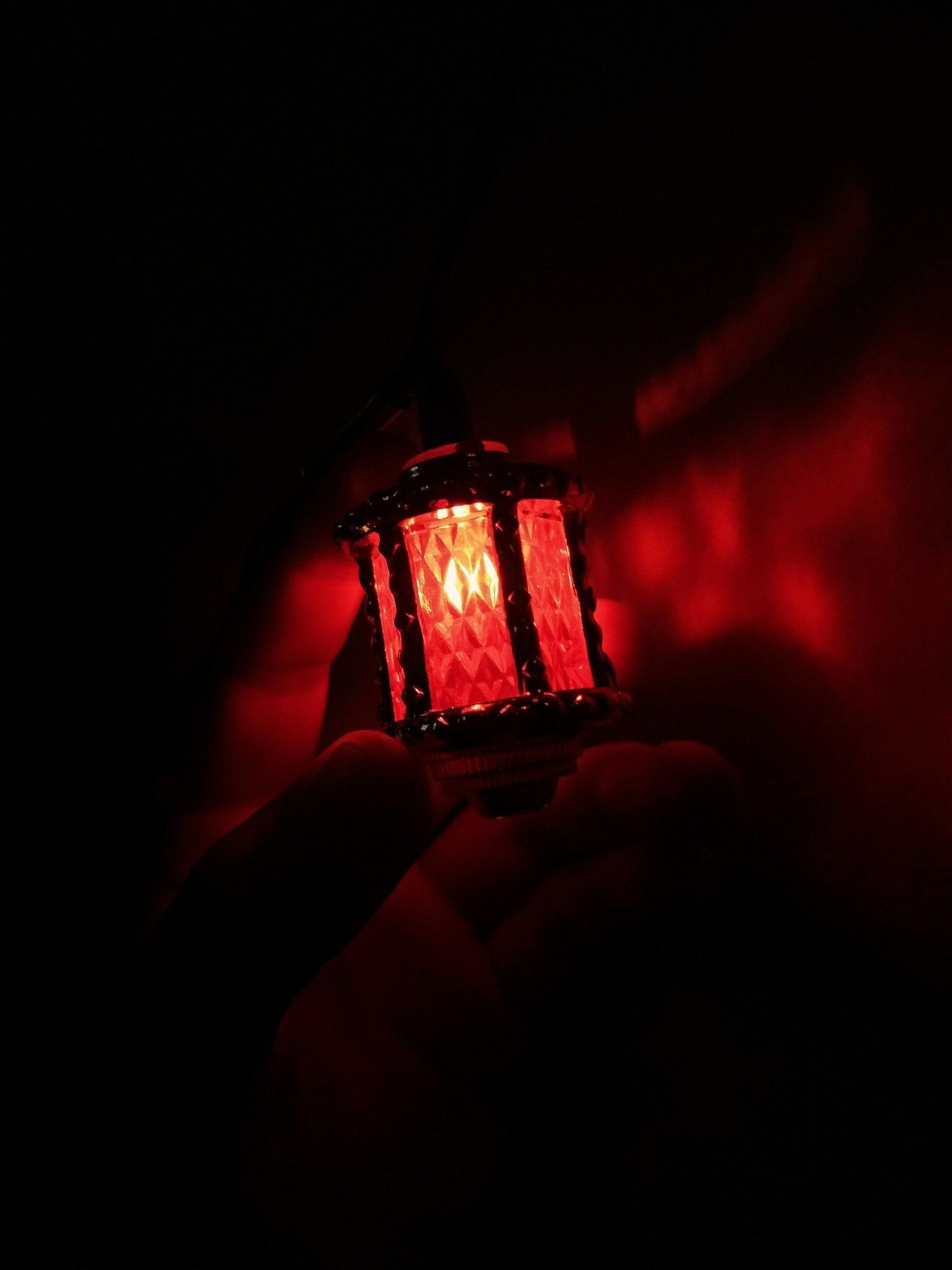
This ritual of fasting, reflection and sharing each Ramadan is an annual reminder to renew our commitment to faith, goodness, truth, and justice for every human being on this planet.
There are three key aspects to Ramadan:
- Fasting from dawn to dusk when we intentionally deprive our body of the benefit of food, drink and other bodily pleasures to (i) practice and develop patience, resiliency, self-discipline, (ii) intimate ourselves with the pain of hunger and develop empathy for others less fortunate while (iii) enabling our body to heal and rejuvenate from such fasting
- Practicing increased devotion to God through nightly prayers, reading and reflecting on the entire Qur’an – the last Divine Revelation that serves as the core foundation of our universal faith and purpose in life, and finally
- Paying our Zakat, the obligatory sharing of our wealth for the benefit of others in society.
While the first and second aspects are more personal with additional communal aspects of being together in fasting, eating, praying and strengthening community bond, the third aspect is the actual demonstration of why we need to fast and reflect in the first place. The thoughtful process is to give thanks for our individual and collective prosperity, lift up those who are deprived of such prosperity and to uplift the entire community by collecting resources and dedicating those resources for improvement in education, economic wellbeing and ensuring justice for all. While the ritual aspects of Ramadan are well defined and well observed, the Zakat part is largely unsupervised as currently practiced and left to individual wishes and vagaries that fails to meet the essence of Zakat and its strategic importance in the community as it was envisioned and practiced by the Prophet and early Muslim communities.
It is time for the community to come together and take a serious and long-term look at the institution of Zakat. We need to build an institutional framework on how to collect Zakat, articulate longer term priorities for the community and build capabilities and capacities to direct, monitor and assess the impact of Zakat for the community. After all, it is one of the five pillars of our faith, and its impact should be made to feel as such by careful deliberation, planning and efficient execution to support large scale projects, programs and institutions that will have measurable impact on faith, goodness, truth and justice in our lives and the life of the community where we live.
Join us in the conversation. Let us know what you think.

